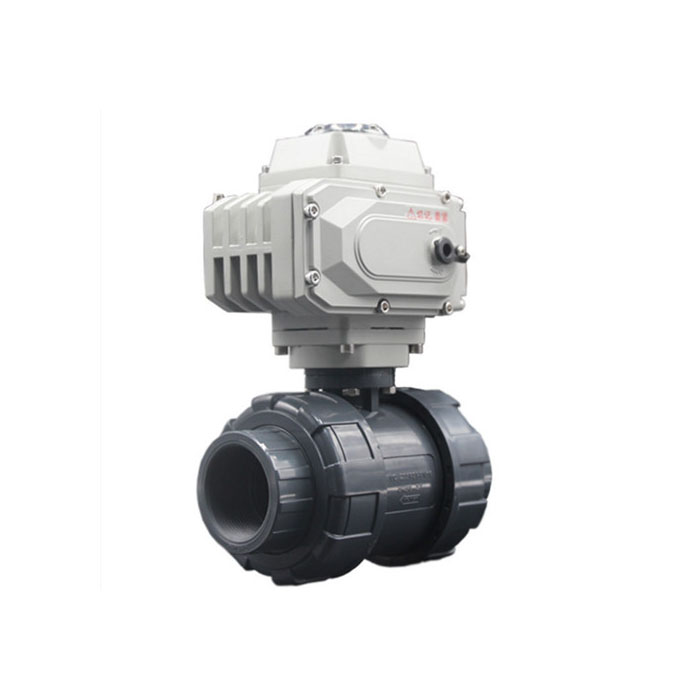Application of synthetic material valves

Synthetic materials valves are superior to metal valves in many corrosive conditions.
The major reasons are corrosion resistance,net weight and its strength. The strength depends on the shape, arrangement and number of reinforcing fibers. In general, the greater the percentage of fibers, the greater the strength of the synthetic material. In valve applications, the basic content of fiber weight ranges from 30% to 40%, and its chemical stability is mainly determined by the properties of the resin body of the potting fiber in the final product. In synthetic valves, the solid polymer body can be either thermoplastic (such as PVC-polyvinylidene fluoride, PPS-polyphenylene sulfide, etc.) or thermosetting resin (such as polyester, vinyl and epoxy resin) Wait). Thermosetting resin is better than thermoplastics in maintaining its strength at medium temperature, that is, thermosetting resin has a higher heat distortion temperature.
At present, the most commonly used synthetic material for chemical process valves is vinyl epoxy resin (thermoplastic material), and its reinforcing fibers are chopped glass fiber (1/4 inch long) and chopped graphite fiber (1/4 inch long) ). From the surface analysis, glass and graphite reinforced synthetic materials have lower tensile strength than metals. Therefore, the parts of the synthetic valve that are stressed should have a thicker section and be reinforced to achieve the same as the metal performance.
Due to the corrosion resistance, high strength and light weight of synthetic materials valves, it has become a more economical optional valve product in the corrosive working conditions of many metal or glass fiber reinforced plastic piping systems. In the chemical process conditions, the prospects for the use of synthetic valves are excellent.
In the valve industry, the use of organic and synthetic materials is no longer the traditional concept of metal and non-metal valve materials. Ceramics (can increase the service temperature of the valve from 400 ° C to more than 1200 ° C), plastics (with rust and corrosion resistance), synthetic materials (with corrosion resistance, light weight, high strength), memory alloys (utilizing shapes Valves made of reversible and high elasticity of memory alloy or temperature memory alloy) etc. New materials are developing a large number of new valve products with high performance. The development of new technologies has made it possible for various engineering materials to be used in the valve manufacturing industry.